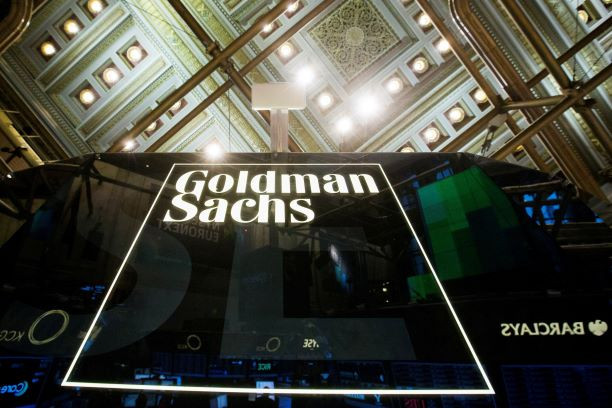The $59 billion in alternative investments that were a burden on the bank's earnings would be drastically reduced by Goldman Sachs' asset management division, an executive told Reuters.
Goldman's fourth-quarter performance was dismal; it significantly missed Wall Street earnings estimates. Goldman is laying off more than 3,000 staff in its largest wave of job layoffs since the 2008 financial crisis, joining other banks in struggling as corporate dealmaking slows.
According to Julian Salisbury, the bank's chief investment officer for asset and wealth management, the bank intends to sell its holdings over the next years and replace some of the money on its balance sheet with outside capital.
"I would expect to see a meaningful decline from the current levels," Salisbury said. "It's not going to zero because we will continue to invest in and alongside funds, as opposed to individual deals on the balance sheet."
He stated that the bank will disclose further information on its asset plan during Goldman Sachs' investor day on February 28. In addition to typical investments such as stocks and bonds, alternative assets can include private equity or real estate.
According to last week's report, Goldman Sachs' asset and wealth management had a 39% drop in net revenue to $13.4 billion in 2022, with revenue from equity and debt investments falling 93% and 63%, respectively.
The results showed that the value of alternative investments kept on the balance sheet decreased to $59 billion from $68 billion a year earlier. Along with additional transactions, the positions totaled $15 billion in equity investments, $19 billion in loans, and $12 billion in debt securities.
"Obviously, the environment for exiting assets was much slower in the back half of the year, which meant we were able to realize less gains on the portfolio compared to 2021," Salisbury said.
If the market for asset sales improves, Salisbury expects "a faster decline in the legacy balance sheet investments."
Given the state of the capital markets, clients are demonstrating a strong interest in private financing, according to Salisbury.
Goldman Sachs' asset management division closed a $15.2 billion fund earlier this month to invest in junior debt in private equity-backed companies.
According to data provider Preqin, private debt assets in the business have more than doubled to more than $1 trillion since 2015.
According to Salisbury, Goldman Sachs economists anticipate that the Federal Reserve will increase interest rates by 25 basis points each in February, March, and May before remaining unchanged for the remainder of the year.
Salisbury claimed that, more broadly, the "chilling effect" of rate increases from the previous year is beginning to depress economic activity. He cited lower hiring activity and sluggish rent growth as examples.




